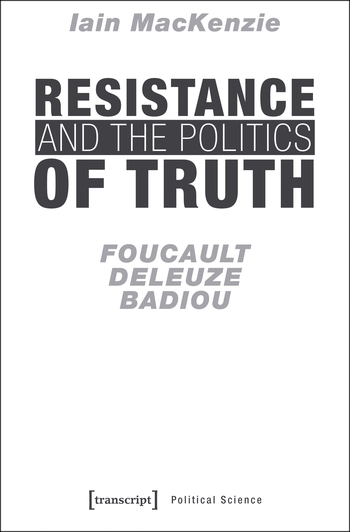Rashid Khalidi and Menachem Klein on the Middle East Peace Process
“Moreover, as an Israeli I do not see my government building public trust in the peace talks or in the Palestinian partner, nor expressing serious desire to achieve peace and building public enthusiasm for it.”—Menachem Klein
Room for Debate, an online feature on the New York Times website invited Rashid Khalidi, author of Palestinian Identity: The Construction of Modern National Consciousness , and Menachem Klein, author of the forthcoming, The Shift: Israel-Palestine from Border Struggle to Ethnic Conflict to contribute to a discussion responding to the question, “Will Netanyahu or the Israeli government ever be able to bring the settler movement on board in any peace process?”
Rashid Khalidi argues that “if the Obama administration accepts the myth that dismantling settlements is impossible for Israel, there are no prospects for peace.” Khalidi believes that the settlements were a project to colonize Palestinian land that has been supported by the Israeli government since 1967. He also suggests that settlers would move with suitable incentives and that the United States could help finance housing settlers within Israel’s borders.
Menachem Klein, who is an Israeli, shares Khalidi’s pessimism about Israel’s commitment to the peace process. His piece, entitled “A Lack of Commitment” also focuses on how the Israeli state has been the main supporter of the settlers.
Klein writes:
All Israeli governments built settlements. As Israel became more ensconced in the territories and broadened its settlement project, the links between the settlements, the army and the state bureaucracy grew tighter, to the point that it is difficult to make out where one ends and the other begins. The state has not ceased to function as a coherent, unitary institution when it approaches the settlement project. On the contrary, the settlement enterprise is the biggest state investment ever.



